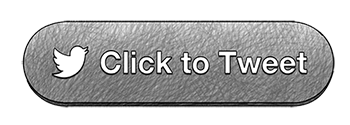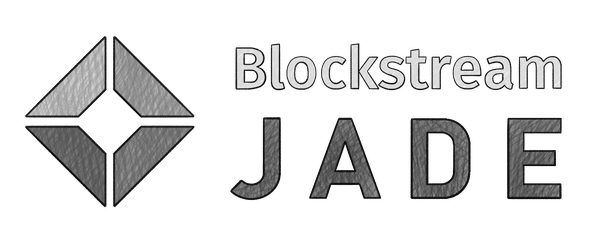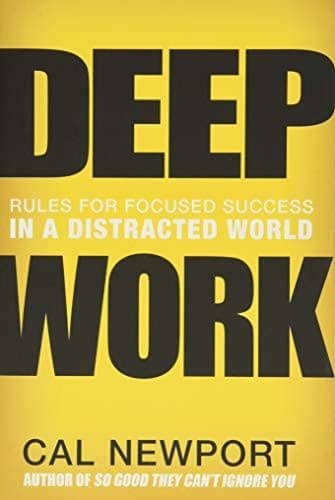Deep Work

Hi, The Investor’s Podcast Network Community!
Who knew: On this day in 1792, the U.S. dollar was introduced through the Mint Act. It’s now one of the most widely recognized symbols in the world.
Happy Sunday, and welcome back to We Study Markets — today, we’ll go over how to find more “deep work,” in your life, and more, in just 5 minutes to read 📖
Get smarter about valuing businesses in just a few minutes each week.
Get the weekly email that makes understanding intrinsic value
easy and enjoyable, for free.
Simple setup for new Bitcoiners ✅
Advanced features for Bitcoin veterans ✅
The Bitcoin wallet for your every need ✅
Blockstream Jade is the only hardware wallet designed for your whole Bitcoin journey. Visit store.blockstream.com and use coupon code: ‘Fundamentals’ to get 10% off your Blockstream Jade.
Introduction
How often do you find deep work? Undistracted, deep states of flow, where you can immerse yourself in making meaningful progress?
Cal Newport is a Georgetown computer science professor and author who has written extensively on “deep work,” or the ability to focus without distraction on cognitively demanding tasks.
Newport says deep work is critical in our modern knowledge-based economy, where high-quality work and innovative ideas are prized.
Says Newport: “Clarity about what matters provides clarity about what does not.”
It’s arguably never been harder to accomplish deep work. Emails, phone notifications, and busy schedules can all interfere amid endless distraction.
Newport has some answers.
How to achieve deep work
Newport’s approach to deep work emphasizes the following key principles:
Eliminate Distractions: Newport recommends removing or minimizing distractions as much as possible. This might mean turning off notifications on your phone, using website blockers to avoid social media distractions, or working in a quiet space with minimal interruptions. He also recommends not keeping your phone by your side all the time.
Create Rituals: Newport believes establishing rituals around deep work can help make it a regular part of your routine. This might involve setting aside time each day for deep work, or establishing a routine that helps you get into a focused state of mind. For example: You engage in deep work on Monday and Friday afternoons from 2-4 p.m. At what time do you focus best?
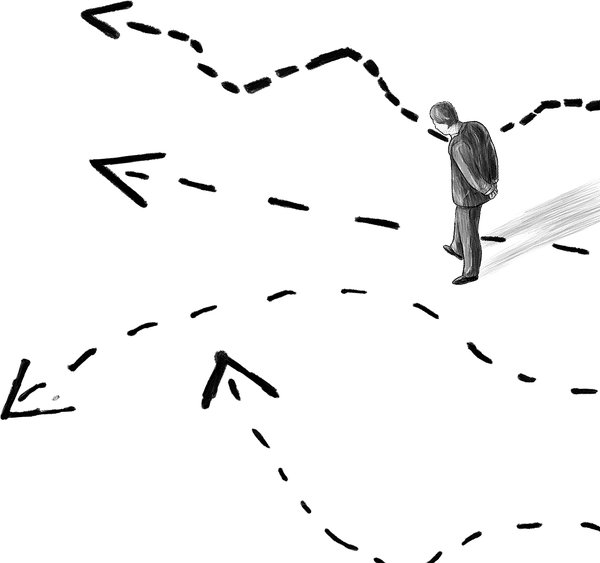
Emphasize Quality over Quantity: Newport argues the goal of deep work isn’t to work longer hours or produce more output but rather to create high-quality work that has an impact. He recommends focusing on a few important tasks, rather than trying to multitask or complete an endless to-do list. (See our piece on time management for more related to this.)
Embrace Boredom: Newport believes embracing boredom and allowing your mind to wander is part of the deep work process. By allowing your mind to rest and recharge, you return to work with greater focus and creativity.
“Deep work is hard and shallow work is easier, but in a world where shallow work is what gets most of the attention, deep work is where the real value lies,” Newport has written.
Digital minimalism
Many of the greatest investors have been digital minimalists long before Newport coined the phrase. Every hour spent texting and checking stock prices is time not spent pouring over an annual report, studying a management team, or meeting with your team to think about asset allocation. Same goes with business owners and entrepreneurs.
Newport’s book, Digital Minimalism, is not unlike his bestselling book, Deep Work. Digital Minimalism is a step further, explaining a philosophy of technology use that focuses on maximizing the benefits of digital technology while minimizing its negative impacts.
The book advocates for a minimalist approach to technology use that involves intentionally and carefully selecting which technologies to use, and how and when to use them.
Newport makes a compelling case that constant digital connectivity and distraction harms our ability to think deeply, connect with others, and find meaning and fulfillment. He suggests a more intentional and mindful approach to reclaiming the valuable aspects of our lives.

To achieve digital minimalism, Newport suggests several key strategies, including:
Conduct a digital declutter, in which one takes a break from all non-essential digital technology for a set time to re-evaluate their relationship with technology. Author James Clear, for instance, tries not to check his phone the first couple of hours of each day, so he can write and focus.
Identify and prioritize high-value activities, and then select technologies that directly support those activities while minimizing the use of other technologies. For example, bring a legal pad and pen outside to brainstorm ideas for your job, rather than opening a document on your computer, which could lead to digital distraction.
Build a “digital toolbox” of carefully selected and curated apps, tools, and services that align with one’s values and goals. For example, turn off the internet when you have to produce a spreadsheet or memo on a deadline.
Final thoughts
Battling distraction and information overload to achieve truly impactful work is one of the more difficult challenges of our time. Anyone who’s startled by their weekly screen time report can attest.
Newport emphasizes that finding deep work is a process. Some days, we’ll get distracted. Some days, we won’t produce great work. It happens to everyone.
The key is to continue to check yourself and your environment to ensure you’ve enabled a system that allows you to do your best work. Phone limitations, calendar cleanses, and social-media hiatuses are all strategies that might be worth trying.
I (Matthew) have found success by turning off my phone for an hour or two at a time – it’s surprising how much you can accomplish in relatively short windows without distractions.
Writes Newport: “A commitment to deep work is not a moral stance, and it’s not a philosophical statement—it is instead a pragmatic recognition that the ability to concentrate is a skill that gets valuable things done.”
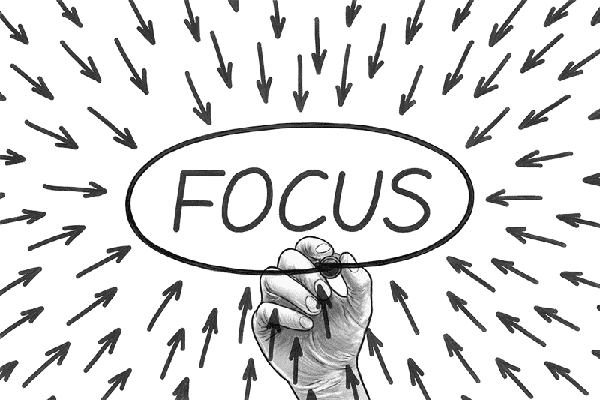
Dive deeper
Here are Newport’s Deep Work and Digital Minimalism books, as well as his podcast and YouTube channel.
We wish you the best in creating more valuable deep work in your life! And we’d love to hear from you: What deep work strategies do you find most effective?
ONE MORE THING
I’ve enjoyed reading Newport’s work in The New Yorker for years, and his podcast is worth tuning into. In one episode, he mentioned a reader had cut his screen time by having a designated place for his phone in the house, near the front door. The phone had to stay there, plugged in, at all times of day and night.
If he wanted to send a text or check an app, he had to go to the front of the house, rather than bring the phone into the kitchen, living area, or office.
Another strategy Newport has taught: No phone in the bedroom. This is a game-changer. For months, I haven’t allowed my phone to sit anywhere near the bedroom. No scrolling before bed, and no scrolling immediately upon waking up.
Similarly, Newport has pointed out that when you want to engage in deep work, ideally for more than 60 minutes, turn off your phone or place it in another room. While you might not save the world, it can be surprising what you can accomplish in an hour or two of uninterrupted work.
SEE YOU NEXT TIME!
That’s it for today on We Study Markets!
Enjoy reading this newsletter? Forward it to a friend.



